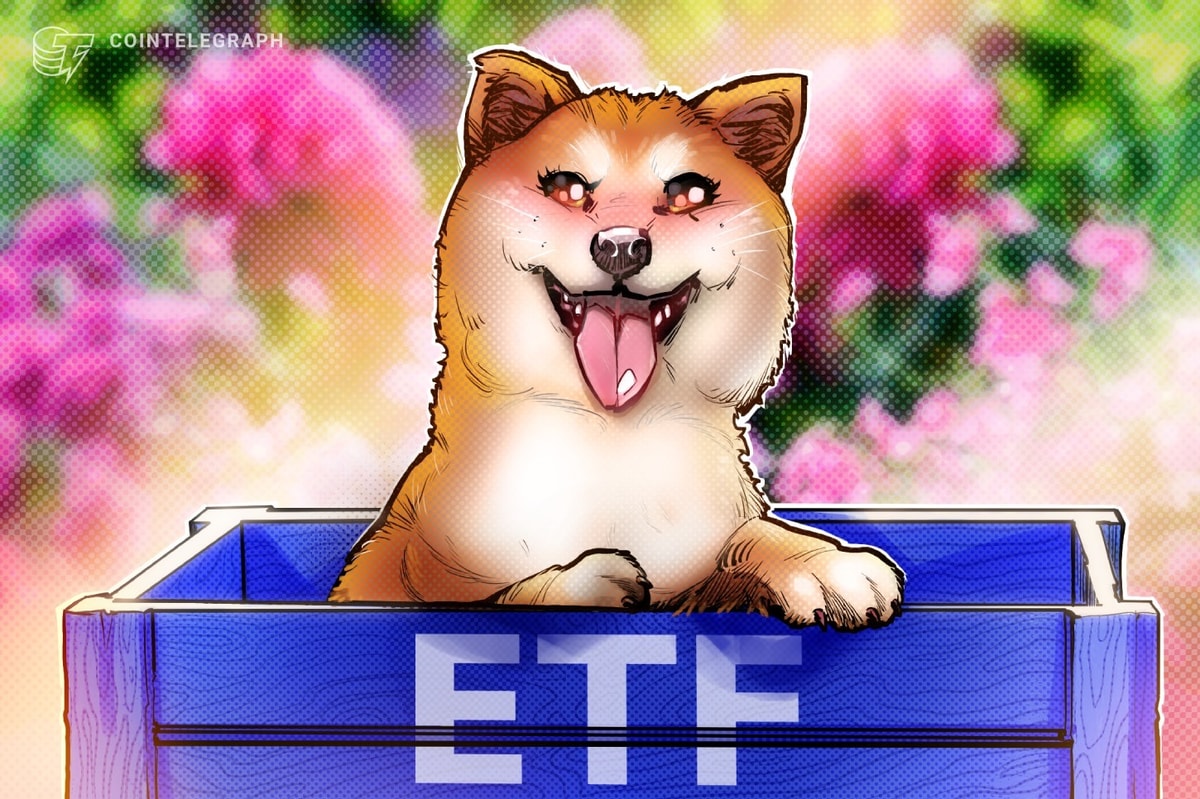In recent years, you may have noticed the proliferation of websites asking you to confirm your use of third-party cookies. In their haste, most people blindly accept the terms without a proper understanding of what they entail.
In short, cookies are small files installed on your device, commonly used to track your activity and share that information with organizations or advertisers. Cookies have become such a hot topic that in 2018 the GDPR enforced data privacy laws in the EU that prohibit the use of marketing cookies without the explicit consent of the user. Regulators in the US took a similar stance.
After more than 25 years of tracking cookies, one company believes it has found a solution that delivers a fair deal for web users and marketers alike.
An Innovative Solution to a Big Problem
When it comes to data privacy laws, government regulation is too slow. It doesn’t go far enough, as the vast majority of websites make it virtually impossible to avoid the use of evasive third-party cookies. One study even cited that over 80% of websites still use cookies in a way that puts user privacy at risk. Fractal is a startup aiming to solve this problem through an open-source protocol designed to replace the ad cookie and give users back control over their data.
The protocol bridges the gap between data privacy and data integrity providing a standard for data sharing that decentralizes and protects the data. For users, this ensures the safety of their personal data and allows them to freely use the internet the way it was intended. For advertisers and content creators, that means knowing the people who are interacting with their ads, for instance, are real and not bots, saving money and resources in the process.
The Internet We’ve Always Wanted
Quality content has become exponentially difficult to access on the web, and Fractal addresses this issue head-on. The web itself wasn’t built to be monetized but now it has to be in order for companies to survive. The lack of protocol standards has created a duopoly where just two big companies, Facebook and Google, own 60% of the ad market, leaving thousands of other companies and publishers to fight for the remainder.
The result is a web experience that has gotten overly loud and increasingly difficult to access for users seeking quality content. Fractal aims to change this reality by replacing the ad cookie with a solution that gives users full control over what they want to share, which results in them being served with content that’s relevant and high quality.
In many ways, Fractal is creating the internet the way it was meant to be. Previously you would have had to choose between data privacy or data reliability. But thanks to advances in web3 technology, it’s now possible to enjoy both: opt-in data sharing with the right to remain private.
Disclaimer: The information presented here does not constitute investment advice or an offer to invest. The statements, views, and opinions expressed in this article are solely those of the author/company and do not represent those of Bitcoinist. We strongly advise our readers to DYOR before investing in any cryptocurrency, blockchain project, or ICO, particularly those that guarantee profits. Furthermore, Bitcoinist does not guarantee or imply that the cryptocurrencies or projects published are legal in any specific reader’s location. It is the reader’s responsibility to know the laws regarding cryptocurrencies and ICOs in his or her country.











